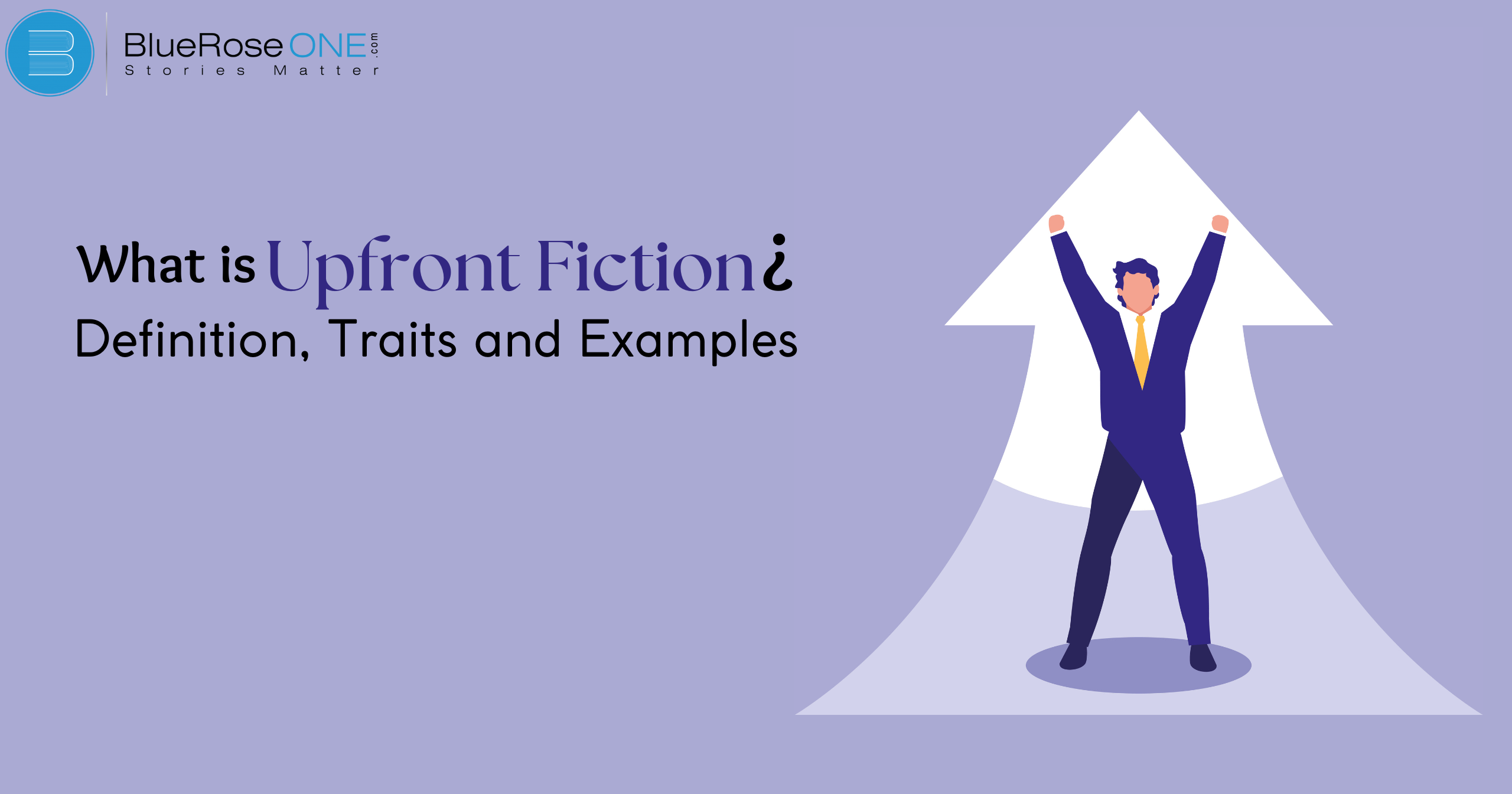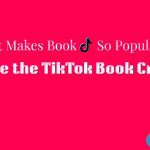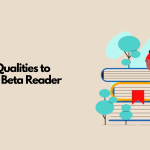Upfront fiction stories have long served as a means of exploring new worlds, addressing complex philosophical issues, and entertaining large audiences. However, fiction can sometimes feel too far away from reality. Enter forward fiction, a genre that combines authentic stories with a contemporary edge to engage readers.
What is Upfront Fiction?
Upfront fiction is a storytelling style that emphasizes openness, honesty, and emotional authenticity. Unlike traditional fiction, which may use overblown stories or idealized characters, forthright fiction seeks to reflect real-life situations while also engaging the reader with inventive narratives.
You may also read: How to Publish a Book? | Publish a Book | BlueRoseOne
Key Characteristics of Upfront Fiction
Honest and Transparent Narratives
One of the distinguishing features of forthright fiction is its emphasis on honest and truthful storytelling. In this style, authors avoid misleading twists and overly complex narratives, instead focussing on telling stories that are simple yet highly compelling. The characters are frequently relatable, with true and understandable motivations and actions. This candor enables readers to engage with the story on a human level, building trust between the author and the audience. Transparent narrative does not imply predictability; it ensures that the emotions, conflicts, and resolves resonate authentically, resulting in a meaningful and memorable reading experience.
Engaging and Relatable Characters
Upfront fiction revolves around engaging and sympathetic people. These characters feel authentic because they reflect human emotions, difficulties, and relationships. Readers identify strongly with them, rooting for their success or empathizing with their difficulties. Characters in straightforward fiction frequently face actual difficulties, making their adventures both interesting and credible. Writers accomplish this by giving their characters distinct characteristics, weaknesses, and personal development arcs. Whether it’s a single mother trying to care for her family or an adolescent exploring self-discovery, these characters connect because their experiences are genuine, bringing readers into their stories and keeping them engaged.
Realistic Themes and Settings
Upfront fiction distinguishes out for its emphasis on genuine issues and familiar locations. It reflects real life, frequently addressing problems such as family dynamics, personal struggles, and societal challenges in a way that feels genuine and timely. The settings are typically everyday locales, such as homes, schools, or businesses, in which readers may easily see themselves. This strategy contributes to a deep emotional connection between the story and its audience, making the narrative both entertaining and thought-provoking. By reflecting real-life situations, forthright fiction gives valuable insights and inspires readers to ponder profoundly on their own lives and the world around them.
You may also like: Amazon Ads for Authors: A Step-by-Step Guide to Boosting Book Sales

Why Writers Are Turning to Upfront Fiction
Bridging the Gap Between Reality and Imagination
Upfront fiction bridges the gap between reality and fantasy by telling readers stories based on real-life situations while yet allowing for creative expression. This genre frequently addresses modern themes, such as social justice, mental health, and environmental challenges, in an honest yet innovative manner. Writers utilize forthright fiction to connect emotionally with their audience by combining realistic settings, relatable characters, and thought-provoking situations. This balance allows readers to connect deeply, inspiring introspection while also giving escapism through fiction. As society becomes more complex, forthright fiction has become an effective instrument for examining truth via the prism of creativity.
Connecting with a Modern Audience
Examples of Upfront Fiction in Literature
Notable Authors Pioneering Upfront Fiction
Writers like Chimamanda Ngozi Adichie and Celeste Ng are known for crafting stories that align with upfront fiction principles, offering a mix of truth and artistry.
Popular Works That Exemplify Upfront Fiction
Books such as Little Fires Everywhere and The Hate U Give showcase how upfront fiction can tackle significant issues while remaining engaging.
Tips for Writing Upfront Fiction
Start with a Strong Premise
Develop Realistic Characters
Focus on Emotional Authenticity
You may also like: The Role of Character Motivation in Plot Developement
How Upfront Fiction Impacts Readers
Encouraging Critical Thinking
Fostering Empathy and Connection
Upfront fiction encourages readers to step into the shoes of characters early on, resulting in a strong emotional connection. By immediately revealing crucial components of a character’s challenges or feelings, readers can empathize with their journey. This quick view into the character’s reality promotes a greater comprehension of their motivations and struggles, hence increasing empathy. As a result, readers feel more involved in the story, making it more engaging and impactful.
The Future of Upfront Fiction
Trends to Watch
The Role of Technology in Shaping Upfront Fiction
You may also like: Famous Authors Who Used Pen Names (and Why They Did It)
Conclusion
Upfront fiction maintains a careful balance between truth and creativity, providing entertaining stories while also reflecting society. By embracing honesty and authenticity, this genre is redefining how we interact with literature.















